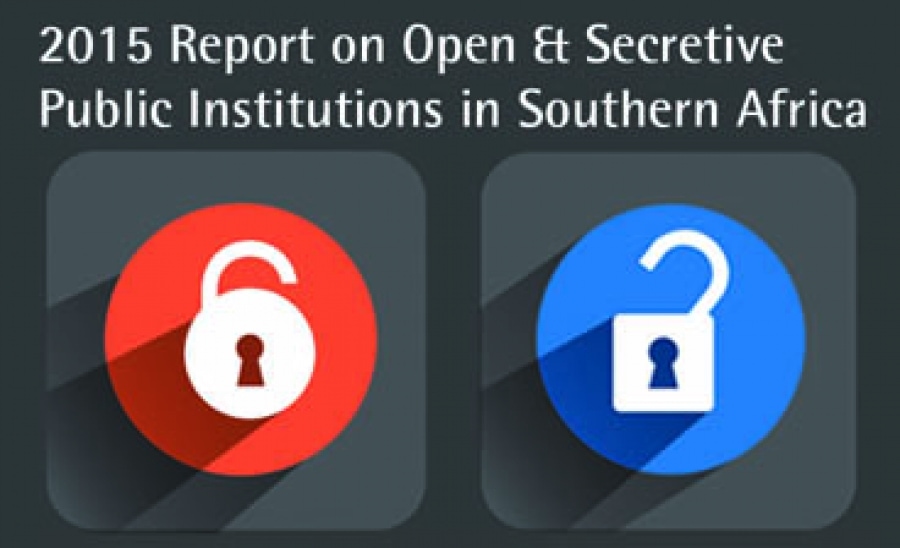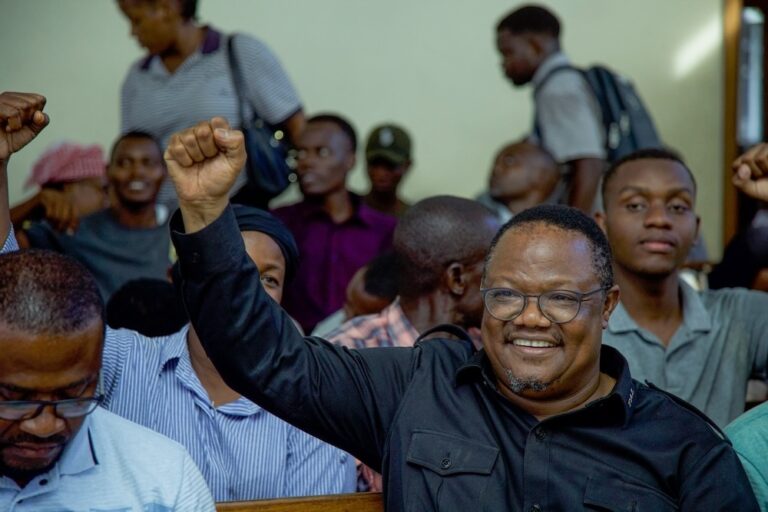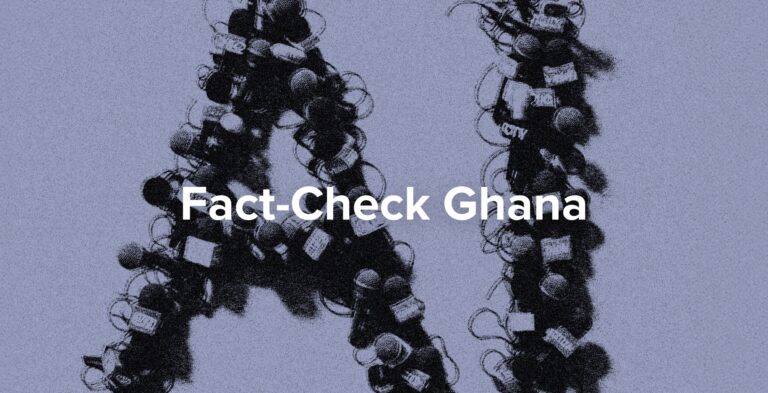MISA's 2015 report reveals that direct requests for information are still generally met with hostility within the public service, with researchers experiencing long delays, non-responsive institutions or demands to justify their request for information.
This statement was originally published on misa.org on 28 September 2015.
On 28 September, MISA will launch its report on the ‘Most Open and Secretive Government Institutions in Southern Africa’ for the sixth consecutive year.
The reports again reveal how public institutions respond to public requests for information, and will be accompanied by an awards ceremonies hosted by MISA chapters, with the most open Institutions receiving a golden key award and the most secretive institutions receiving a golden padlock award.
Between May and July 2015, research was carried out in five Southern African countries: Zambia, Namibia, Malawi, Zimbabwe and Tanzania, with the support of Frederich Ebert Stiftung, FES Media Africa.
During the course of the study, researchers evaluated the web presence of public institutions, through an examination of their website and social media interactions, as well as how they responded to members of the public when dealing with direct requests for information.
The 2015 report reveals that some governments in the regions – with the marked exceptions of Malawi and Zimbabwe – continue to improve the public provision of information through ICTS, particularly through social media platforms, although, information with respect to basic items such budgets and expenditure are still notably absent from websites.
Disappointingly – despite improvements with the provision of information through ICT platforms – the 2015 report again reveals that direct requests for information are still generally met with hostility within the public service, with researchers experiencing long delays, non responsive institutions or demands to justify their request for information. Despite this, some institutions offered exemplary service, responding to requests for information efficiently and with courteousness. The Ministry of Lands, Housing and Human Settlement in Tanzania represented one such example.
Since conducting the 2014 study, the number of countries with access to information laws has increased from three to four in the Southern African region, despite this however, it is clear that members of the public continue to struggle to access basic information. Zimbabwe, for example, where the Access to Information and Protection of Privacy Act (AIPPA) has been in place since 2002, performed particularly poorly in both the website and written request categories, indicating an overarching policy of secrecy, despite the both the existence of a law and a constitutional guarantee guaranteeing its citizens access to information.
Today, MISA continues to call on governments across the region to respect their citizens’ right to access to information, and joins organisations from across the continent to celebrate Right to Information day.



